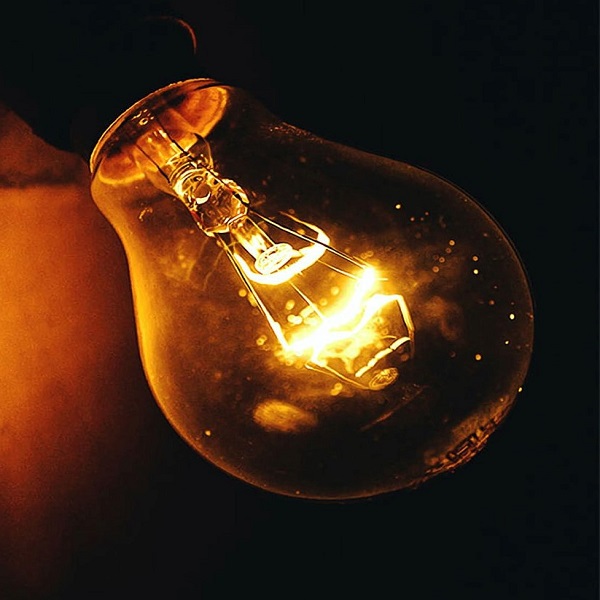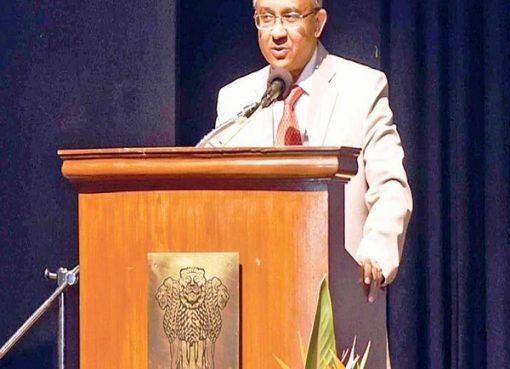Stakeholders, especially in the energy sector, are divided over plans by Nigeria to export ‘excess’ electricity generated to other African countries despite the worsening state of power supply across the country.
The elixir was that the move would enable the country to generate more money, especially foreign exchange and create more jobs locally as electricity-generating companies would drastically expand their capacity.
But some stakeholders insisted that the development remained a misplaced priority particularly at a time when Nigeria needs to improve weak links like the transmission lines to wheel more electricity to the over 65 per cent of citizens without grid-connected electricity.
hile the 330 KV transmission project is expected to improve electricity interconnection amongst some West African countries, especially Nigeria, Benin, Togo and Burkina Faso, the Managing Director/Chief Executive of Transmission Company of Nigeria (TCN), Sule Ahmed Abdulaziz said the initiative would enable Nigeria to export more electricity and improve revenue generation, especially foreign exchange.
Although an age-long agreement had compelled Nigeria to supply power to some neighbouring countries, the power generation companies (GenCos) had reported losses in the region of N1.2tr to poor capacity utilisation and the country’s inability to transport over 21,184.62 megawatts of electricity to end-users.
Currently, while the country’s install generation capacity stands at about 13 megawatts, a mere average of 3500MW gets to the nation’s 180 million people, as the environment suffocates from the cost of alternative energy
Renowned energy economist, Prof. Wunmi Iledare feared that a country, which has been in perpetual darkness, must apply cautious optimism in exporting electricity abroad.
He warned that the unintended consequences of two competing markets with different market elasticity of demand with respect to net revenue optimisation by electric power investors could complicate the plan.
He also insisted that it does not make economic sense for investors to access cheaper gas in generating electricity for the export-oriented market.
“We do not have a generation problem. Selling some through WAPP strengthens our geopolitical standing and makes our market for power more liquid especially in FX terms. We should be powering all of West Africa,” Zakari said.
According to him, load rejection was more prevalent when tariffs were across the board alongside limited metering, adding that with Service Base Tariff and metering, load rejection has been on the decline.
Zakari admitted that the country has had declines in power generation in the past couple of months.
He linked the challenges to a mix of service issues at GENCOs and gas processing outages, which were mainly unplanned.
“Spinning reserve, gas supply agreement activation with penalties and service improvement and hour improvement targets will be implemented. These will all be monitored and as much information as possible will be conveyed to the public,” Zakari said.
A stakeholder in the energy sector and legal practitioner, Kunle Olubiyo, said the decision to export electricity would not serve the best interest of the country.
He is however worried that the finance to upgrade infrastructure that would push more energy to homes and plants may be difficult to access.
According to him, $42 billion will be required to upscale Distribution and Transmission Components of the post privatized power sector to be able to ensure the capacity to a minimum of 10, 000MW.
Olubiyo put the needed fund to improve the transmission network at $15 billion while noting that the distribution component, which has been described as the weakest, would need at least $27 billion.
“Nigerians at the moment do not have that kind of resources”, Olubiyo stated, adding that, of the current installed capacity in the country, only about 3000MW gets to the end-users
Source: Guardian










